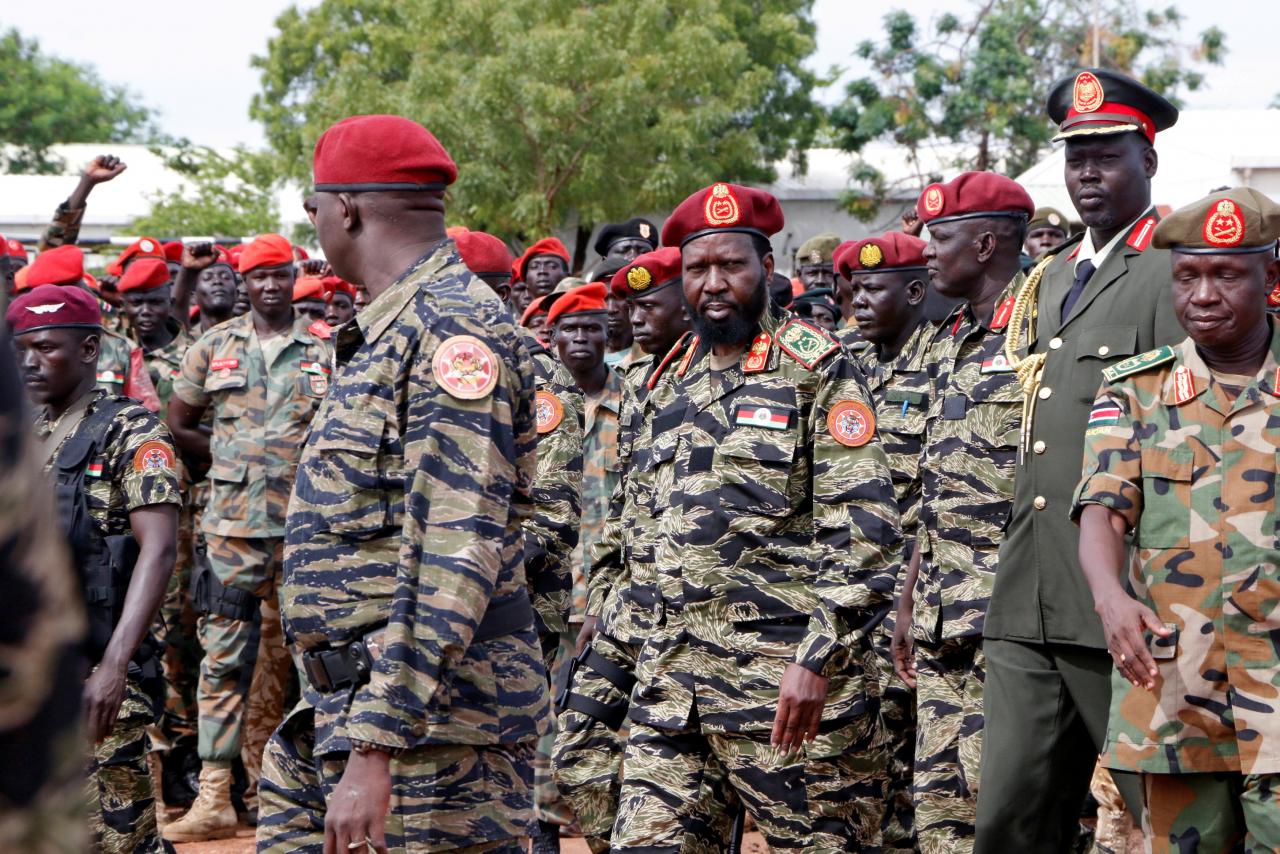
U.S. mulls other ways to pressure President Salva Kiir into peace

The United States is considering other ways to pile pressure on South Sudan’s President Salva Kiir, to make him agree to peace, U.S. envoy to the United Nations Nikki Haley said ahead of a scheduled visit to an Ethiopian refugee camp hosting displaced South Sudanese citizens.
Haley is set to visit Gambella in western Ethiopia near the border with South Sudan, where nearly 350,000 South Sudanese people have sought refuge away from the violence in their country.
The U.S. envoy noted that her country would seek different ways other than cutting aid.
“You have to really think hard before you pull U.S. aid because President Kiir doesn’t care,” Reuters quotes Haley to say. “He doesn’t care if his people suffer and that’s the concern we have as we don’t know that will make a difference.”
She added that the new ways would have to ensure the South Sudanese people are not affected negatively.
“That’s a conversation we will have and we will try and see exactly what will move President Kiir so that he does … start to really look at creating a safe position for his people,” she said in Addis Ababa on Monday.
Haley is the most senior member of President Donald Trump’s administration to visit South Sudan since he took over earlier this year.
South Sudan descended into violence in December 2013, following President Salva Kiir’s accusations that his then deputy Riek Machar was plotting a coup against his government. Machar denied the allegations but then went on to mobilize a rebel force to fight the government.
The war has killed tens of thousands and displaced millions, prompting the United Nations to rank the country as Africa’s biggest refugee crisis, and third worldwide after Syria and Afghanistan.
Regional leaders and the international community have been piloting pressure on the leaders to engage in talks to resolve the situation.
Machar remains holed up in South Africa where he went to seek medical treatment after July 2016 clashes between troops loyal to him and those loyal to President Kiir.






